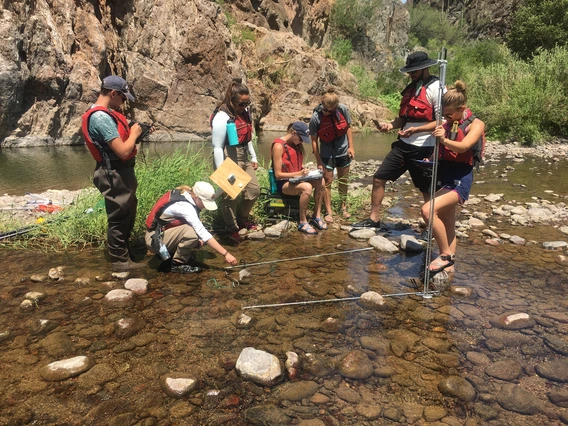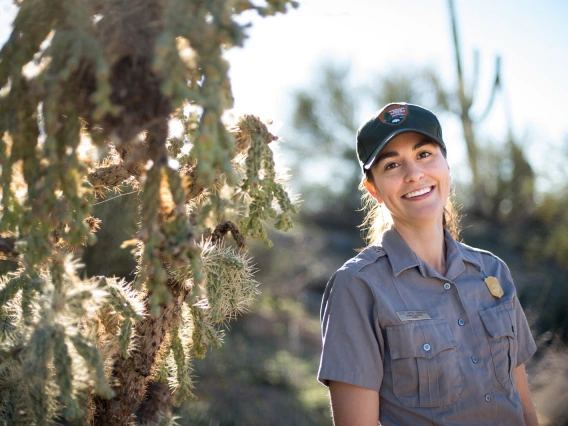M.S. and Ph.D. in Natural Resources
Learn how to research and discover solutions for the world's most pressing natural resource challenges from rangeland restoration to wildlife conservation, and gain the expertise needed for advanced governmental, nongovernmental, and academic careers.
Choose from five emphases to earn your Master of Science or Doctor of Philosophy in Natural Resources:
- Ecology, Management, and Restoration of Rangelands
- Fisheries Conservation and Management
- Natural Resource Studies
- Watershed Management and Ecohydrology
- Wildlife Conservation and Management
About the M.S. & Ph.D. in Natural Resources
Graduate students in the M.S. and Ph.D. programs work with a faculty advisory committee during their first semester to develop an individual plan of study including choosing a research topic, identifying appropriate coursework and transfer credit, and selecting potential thesis committee members.
Prior to the meeting, students must provide the committee a proposed program of study and a description of their background, general research area, and career objectives. The committee will either accept the proposal or suggest modifications to be made within two weeks.
Our M.S. program require a minimum of 30 to 36 units, depending on the program, while our Ph.D. requires a minimum of 63 units. Non-thesis options are available in some programs.
For more information, read the Natural Resources Graduate Student Handbook.
M.S. in Natural Resources/MBA dual degree
M.S. in Natural Resources students may pursue a dual degree with a Master of Business Administration. When paired with an MBA, you may earn both degrees in three years, saving you time and money and increasing your professional career options.







